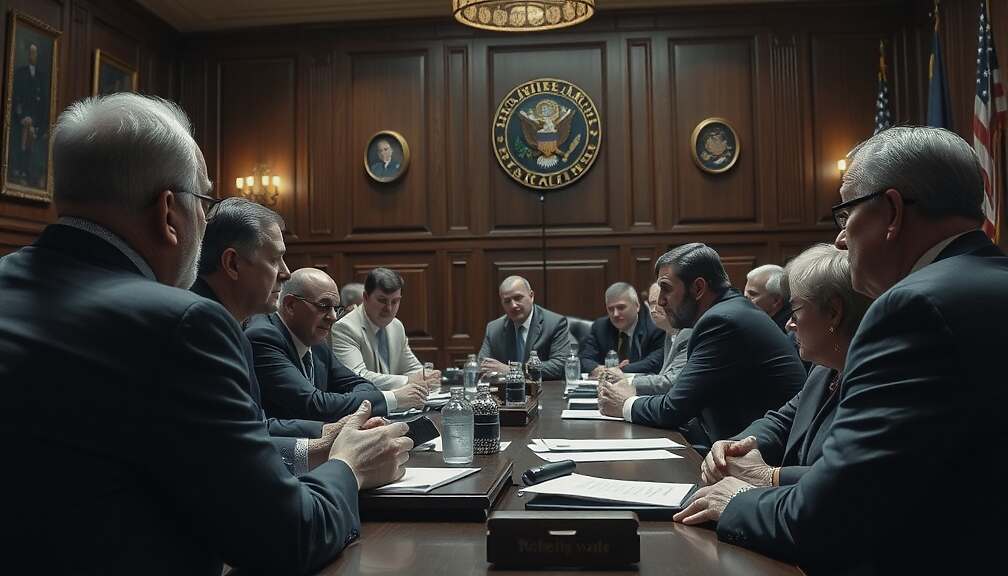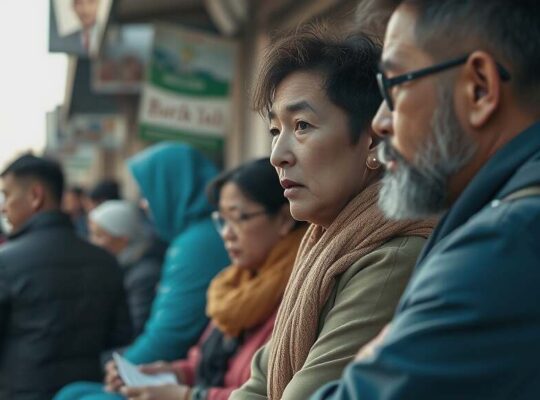A tense coalition meeting concluded late Thursday within the Chancellery, as leaders from the CDU, SPD and CSU grappled with deeply divisive policy positions across a range of critical areas, highlighting underlying fractures within the governing alliance. The proposed pension reform package emerged as the primary point of contention, facing potential derailment due to resistance from a vocal faction within the conservative CDU/CSU wing.
Eighteen members of the “Young Group” within the CDU/CSU parliamentary group are reportedly unwilling to permanently enshrine a 48% pension level until 2031, effectively blocking the current legislative framework. CDU parliamentary group leader Jens Spahn responded by signaling the possibility of a “Pension Package 2” a move viewed by some analysts as a concession to appease the dissenting voices and salvage the reform. While acknowledging the impasse, Pascal Reddig, chairman of the Young Group, expressed a willingness to seek compromise, setting a fragile hope for resolution during the ongoing discussions.
Beyond pensions, the future of the heating law, slated for abolition according to the coalition agreement, has ignited another heated debate. Plans for reforming the Building Energy Act prioritize technological neutrality and flexibility, a significant shift from current regulations. The proposed modifications have amplified tensions, with Economics Minister Katarina Reiche (CDU) criticizing the existing framework as an imposed “compulsion toward heat pumps”. This stance clashed sharply with the warnings from Housing Minister Verena Hubertz (SPD), who cautioned against potential setbacks in climate protection efforts. A definitive resolution on the heating law’s future remains elusive, with projected announcements not anticipated until Friday.
While the ongoing war in Ukraine, despite recent pronouncements of further assistance from Washington, is expected to play a secondary role in the immediate discussions, a demonstration of pro-Ukrainian activists gathered outside the Chancellery, a visible reminder of the international crisis looming in the background. The internal political wrangling underscores a growing instability within the German government, raising questions about the coalition’s capacity to navigate complex challenges and maintain a unified front on both domestic and international policy endeavors. The coming days will be crucial in determining whether these deeply entrenched disagreements can be bridged or if the foundation of the governing alliance will face further strain.












